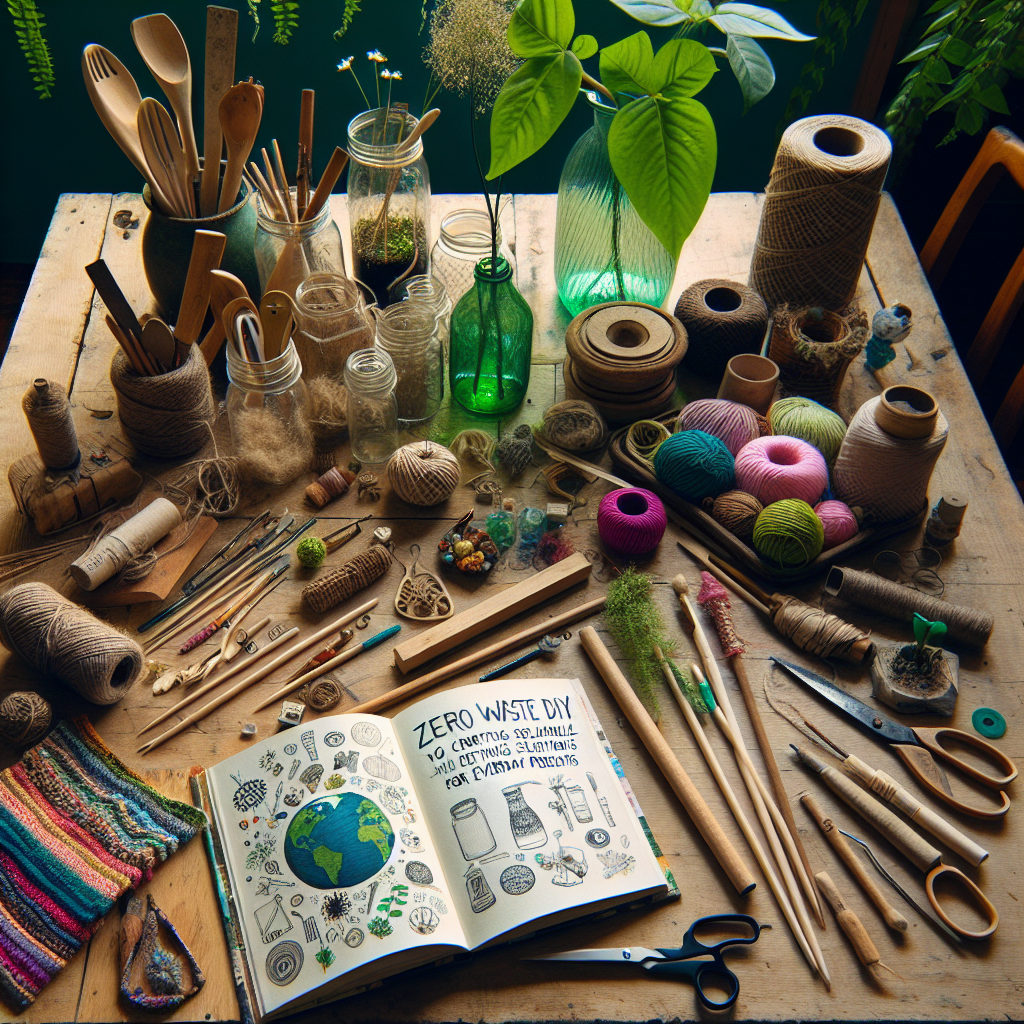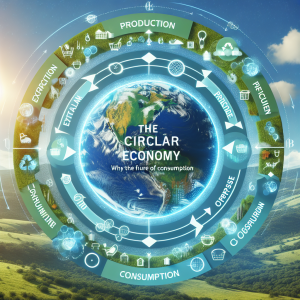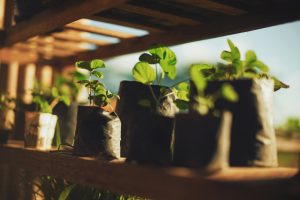In an age where environmental concerns are at the forefront of global discussions, the Zero Waste movement has emerged as a practical approach to minimizing waste and promoting sustainability. At its core, Zero Waste encourages individuals and communities to rethink their consumption habits, eliminate unnecessary waste, and design creative solutions that integrate seamlessly into daily life. One of the most empowering aspects of this movement is the DIY (Do It Yourself) ethos that underscores the philosophy: crafting sustainable solutions for everyday problems.
Understanding Zero Waste
Zero Waste is not just about reducing the amount of trash we send to landfills; it’s about pivoting towards a more sustainable way of living. This involves a systemic change in how we produce, consume, and dispose of goods. The goal is to close the loop in our consumption cycle, making the best use of resources, and reducing the environmental footprint of everyday activities.
Why DIY Matters
DIY projects allow individuals to regain control over their consumption habits. By creating sustainable alternatives to conventional products, consumers can avoid single-use items, reduce their reliance on mass-produced goods, and inject creativity into their daily lives. The process of crafting not only reduces waste but also fosters a deeper connection to the items we use.
Sustainable Solutions for Everyday Problems
1. Reusable Food Wraps
Instead of using plastic wrap, make your own beeswax wraps using cotton fabric and beeswax. Just cut the fabric into desired sizes, melt the beeswax, and coat the fabric. This sustainable solution can be used to cover food items, wrap sandwiches, and even store leftovers — all while reducing plastic waste.
2. Natural Cleaning Products
Many commercial cleaning products contain harmful chemicals and come in single-use plastic bottles. Instead, create effective cleaning solutions using simple ingredients like vinegar, baking soda, and essential oils. For example, a mix of vinegar and water can serve as an all-purpose cleaner, and baking soda can be used as a natural scrub.
3. Compost Bins
Composting is an excellent way to reduce organic waste while creating nutrient-rich soil for your garden. Build a simple compost bin using wooden pallets or invest in a rotating composter. Composting not only diverts food scraps from landfills but also enriches soil and promotes healthier plants.
4. DIY Reusable Bags
Fabric tote bags have become a staple for shopping, but you can take it a step further by making your own reusable bags from old clothes or fabric scraps. Use your sewing machine or hand sew to create durable bags that can carry groceries or personal items, turning waste into something useful.
5. Personal Care Products
Instead of buying single-use plastic containers of beauty products, consider making your own. For example, easily mix coconut oil with sugar to create a natural exfoliant or use shea butter and essential oils to make your own moisturizer. Not only will you eliminate packaging waste, but you’ll also know exactly what goes into the products you use.
6. Upcycled Furniture
Instead of discarding old furniture, upcycle it into something new and unique. With a little creativity, you can turn an old wooden table into a chic coffee table or paint worn chairs for a fresh look. Not only does this prevent furniture waste, but it also adds a personal touch to your home décor.
Embracing the DIY Mindset
Transitioning to a Zero Waste lifestyle doesn’t happen overnight, and it’s essential to embrace the process. Start small, choose projects that resonate with you, and gradually incorporate more sustainable practices into your routine. The key is to remain adaptable and open to learning from the experience.
Community Engagement
Sharing your DIY projects and experiences within your community can inspire others to adopt a Zero Waste mindset as well. Consider hosting workshops on sustainable crafting, organizing community clean-up events, or establishing a resource-sharing network where people can exchange tools and materials.
Conclusion
Zero Waste DIY isn’t just a trend; it’s a lifestyle shift that promotes sustainability, creativity, and community. By crafting solutions for everyday problems, we can significantly reduce our environmental impact while enjoying the rewarding experience of creating something meaningful. As we embark on this journey, let’s inspire one another to think critically about our consumption habits and contribute to a healthier planet, one DIY project at a time.




